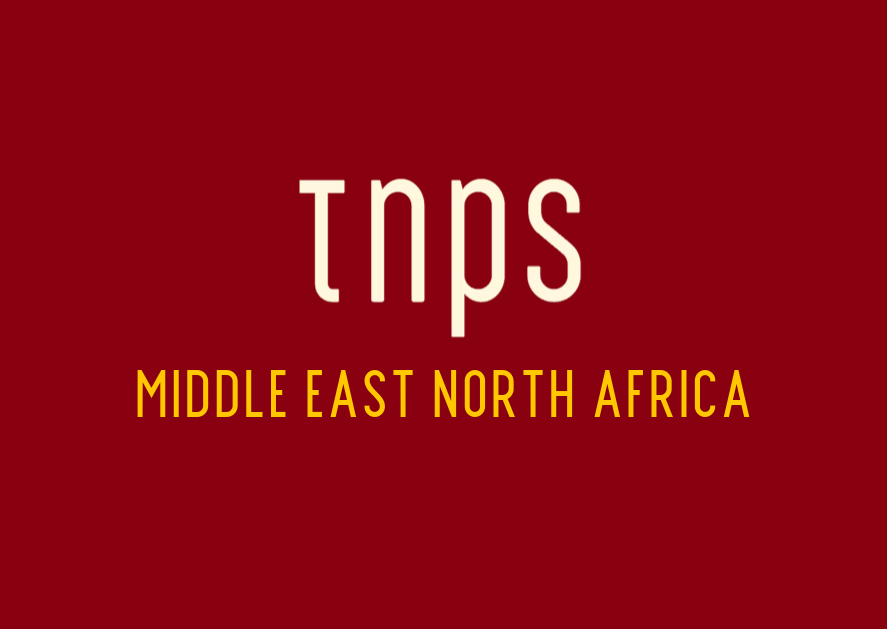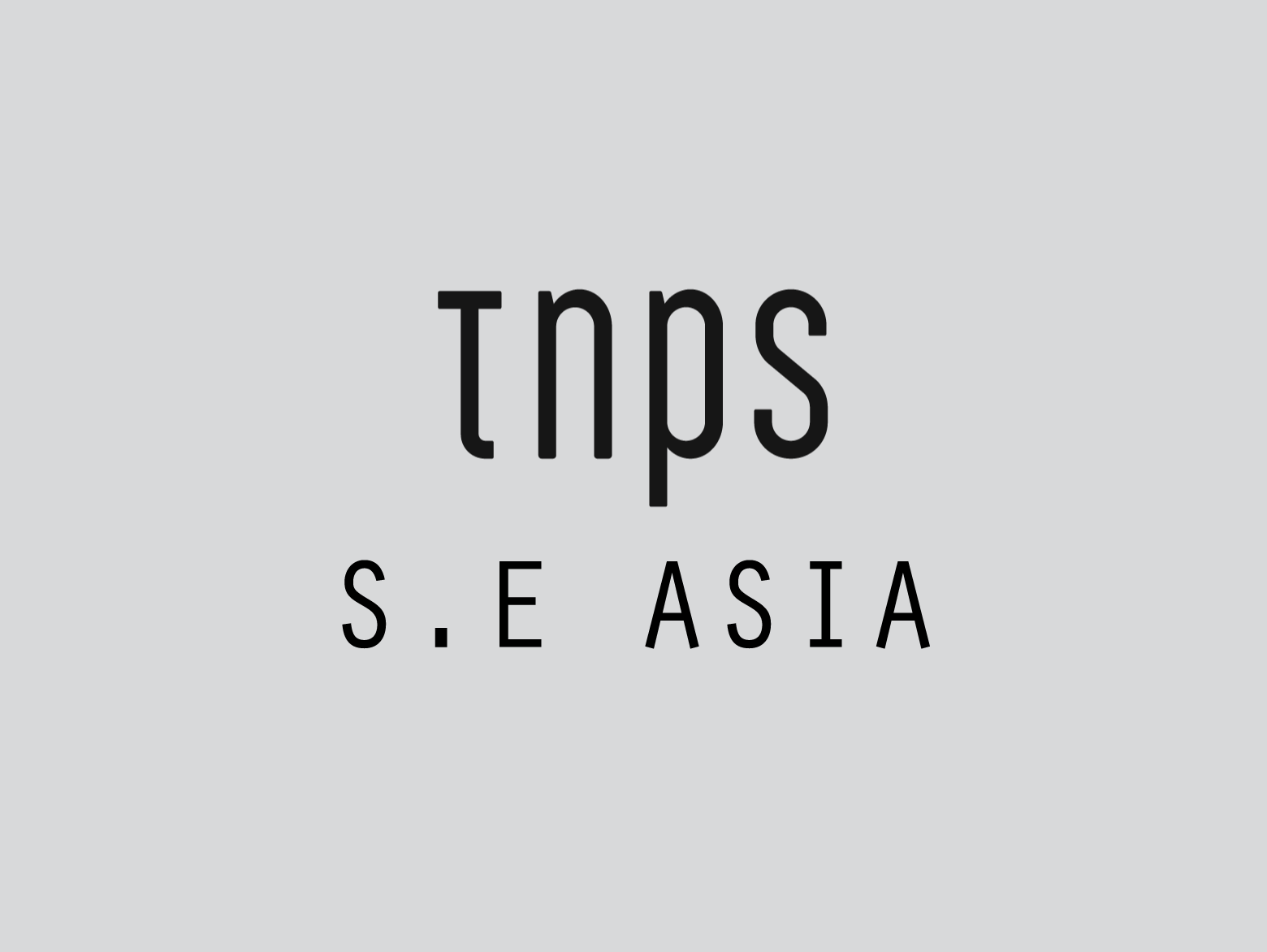Digital debates are nothing new at the Arab book fairs, but 2018 may prove the tipping point in which digital books start to become mainstream in the Middle East North Africa (MENA) region and other parts of the world hitherto considered indifferent to ebooks.
The Abu Dhabi International Book Fair, which starts today in the UAE, is expecting around 300,000 visitors. If that seems like a lot, you’re probably new to TNPS. Many Arab book fairs regularly see attendance in the millions.
And huge quantities of books change hands at these events. Last year the Sharjah International Book Fair, also in the UAE, had 2.38 million visitors and sold books to the value of $56 million.
https://thenewpublishingstandard.com/record-breaking-sharjah-int-book-fair-2-38-million-visitors-56-million-book-sales-in-ten-days/
That’s a lot of cash floating about, raising security issued as well as accounting issues. It’s a similar scene across the nascent book markets. Huge visitor numbers. High volumes of (print) book sales. And, increasingly, efforts to shift that cash online, even if the books themselves are still mostly being sold offline.
Bangladesh is a case in point. Not, perhaps, a country we’d immediately associate with massive book fairs, but the Amar Ekuskey Boi Mela is the world’s longest-duration book fair, lasting the entire month of February
This year the organising Bangla Academy arranged for a mobile payments option to try handle the cash better.
Cash? Try just shy of $10 million in books sold in the 28 day event this year.
Bangladesh Amar Ekushey Boi Mela sells $9.6 million of books in 28 day event
So the bangle Academy teamed up with the mobile payments operator bKash.
We’ve seen similar trials in Malaysia, and also in Iraq this year.
Which brings to to Abu Dhabi.
A new app appeared in the Google and Apple app stores this week called ADIBF PAY, and by now you’re probably ahead of me and have already concluded that means the Abu Dhabi International Book Fair Pay app.

In both English and Arabic, the app allows the holders (it can be registered as a family app for six people) to pay with the smartphone or tablet for the entrance fee, to buy books, and to splash the cash for whatever else takes their fancy at the event.
On its own it’s not such a big deal, but what we are seeing in 2017-18 is a sea-change in the way books are being paid for globally, as financial-services providers target the international book fairs (because of the sheer volume of people in one place at one time).
If you’re still not convinced that books are read outside our western comfort zone try checking out this post:
But to come back to the key point here, as readers get used to the idea that they can make payments on their smartphones and tablets so they will realize that they can buy from online stores.
This will boost print sales to an extent, but in many of these countries there simply isn’t the delivery infrastructure to make ordering print books online a meaningful alternative to bookstores and book fairs.
Ebooks and audiobooks, on the other hand, are heaven-sent for this new stage of the economic transition.
Consider the reasons why people flock in such huge numbers to these book fairs. It’s because the events offer such a wide range of books at significantly discounted prices, compared to the fodder available in the mainstream bricks & mortar stores.
That’s not to criticize the bricks & mortar stores – they adhere to a proven model, but one that is severely limited by the infrastructure of the print book chain.
At a stroke digital books can do away with the problem of choice and availability, and savvy publishers will come to understand that, by addressing the issue of affordability – more a challenge for audiobooks than ebooks – they can reach more readers and make more sales.
I think is safe to say that the twin hurdles of availability of relevant content in digital format and the inability of most to make mobile payments are what holds back the global ebook market right now.
As those problems are increasingly addressed and solved so, in the next decade, we will see a massive boom in global ebook and audiobook consumption.





